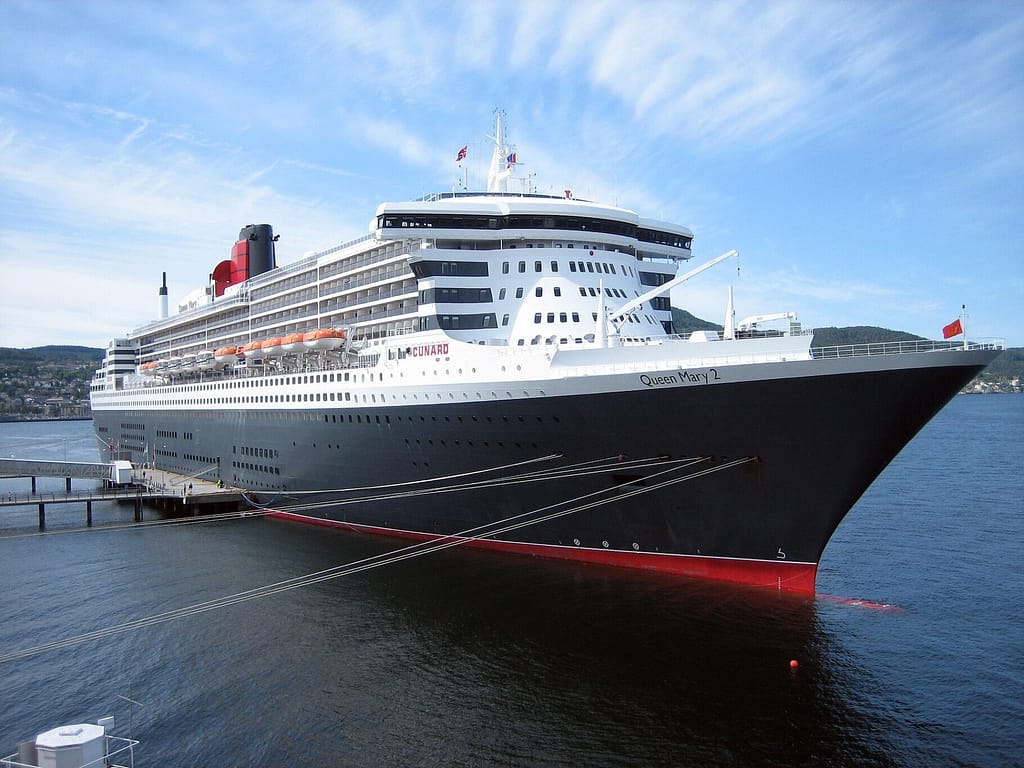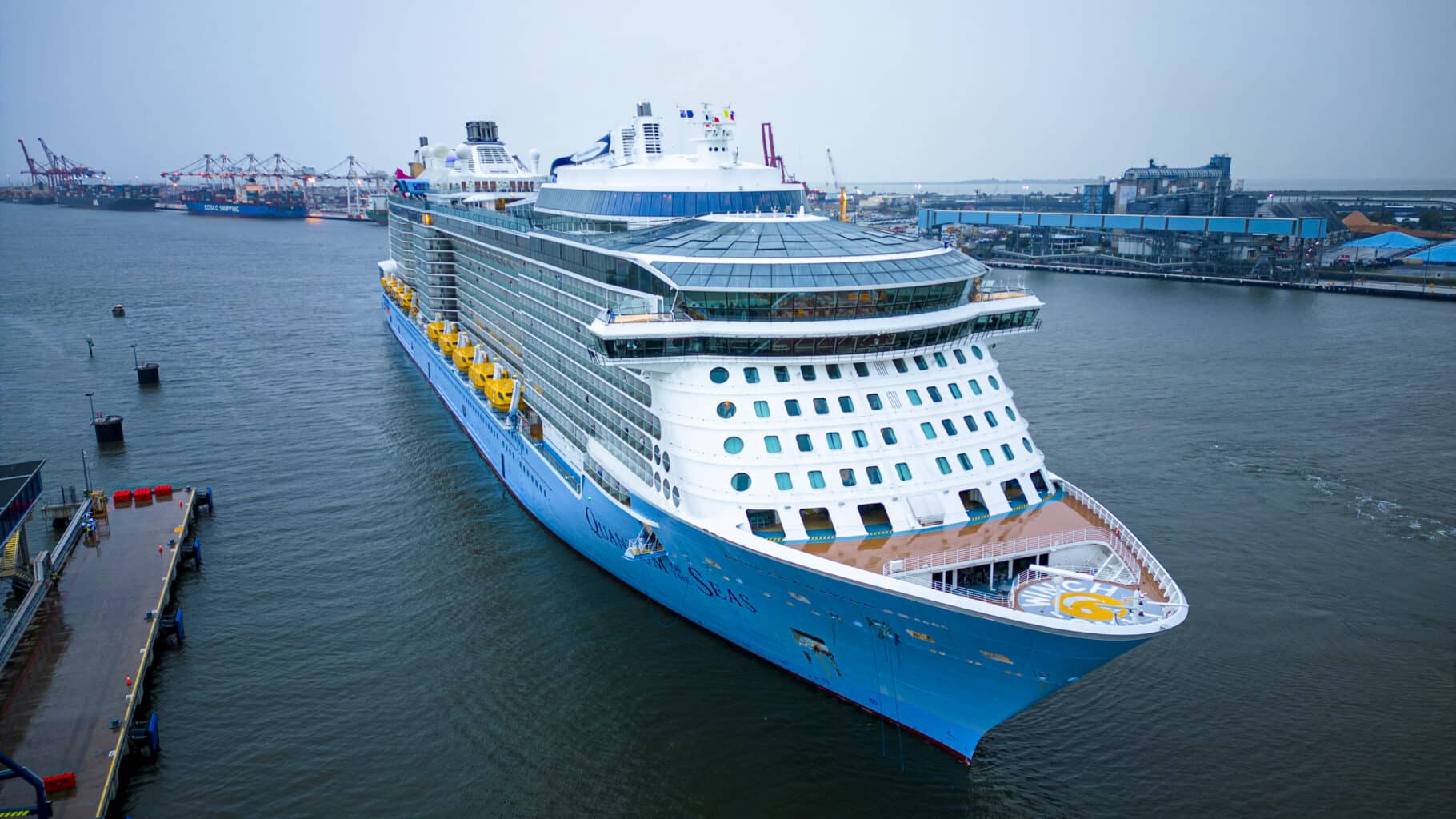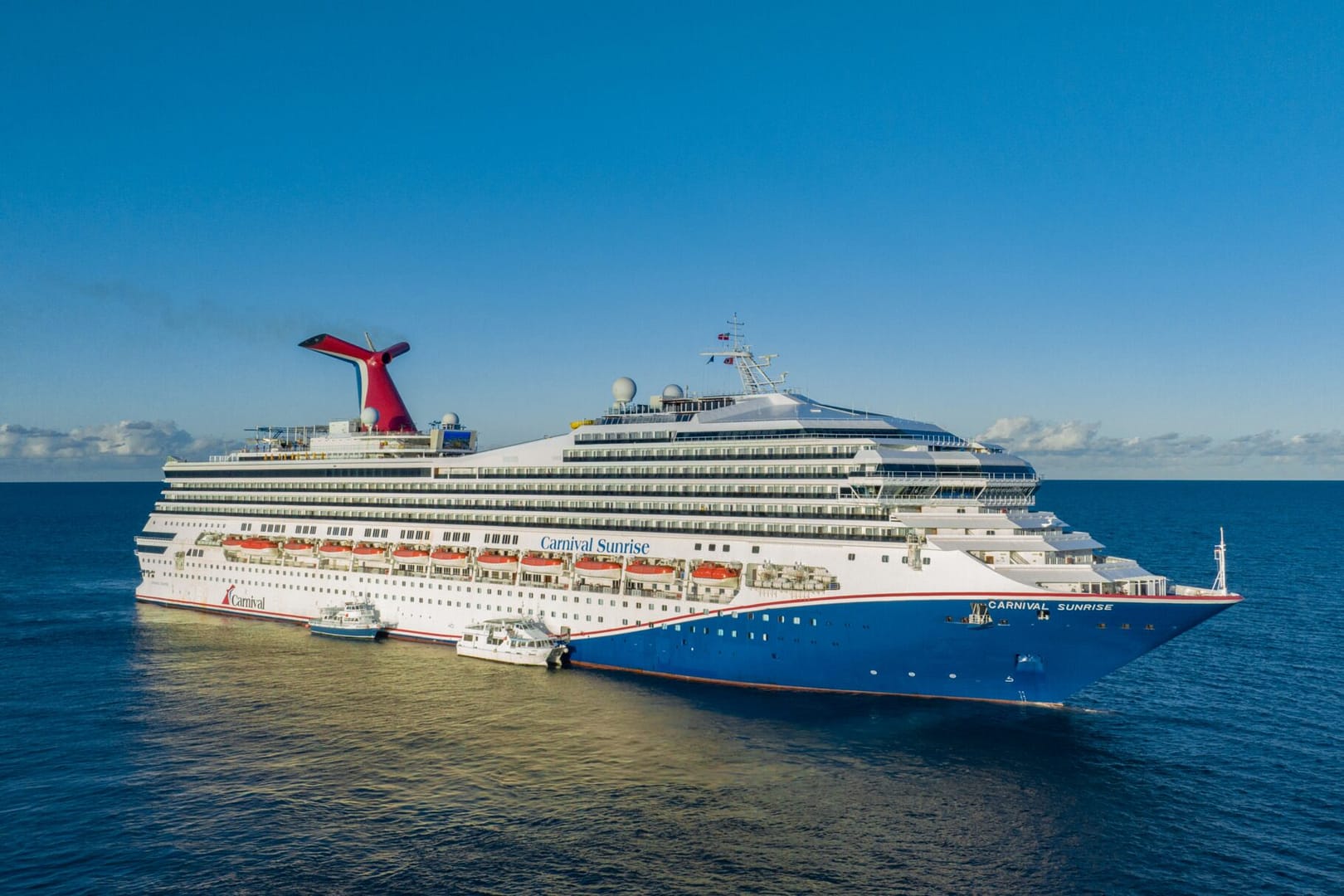Neuroscience Study Aboard Cunard’s Queen Mary 2 Reveals Cognitive Benefits of Slow Travel at Sea
For centuries, ocean voyages have been synonymous with relaxation and rejuvenation. But a recent neuroscience study aboard Cunard’s iconic Queen Mary 2 has uncovered something even more surprising—slow travel at sea could significantly boost cognitive function. According to a new study conducted on a Transatlantic Crossing, just five days at sea led to an average 26% improvement in cognitive abilities, including memory, problem-solving, and logical reasoning. With over 180 years of experience in luxury ocean travel, Cunard continues to redefine the wellness and cognitive benefits of sea travel. This groundbreaking research, conducted by the Human Understanding Agency, highlights how Cunard’s voyages offer more than just stunning views—they provide an opportunity to refresh your mind and spirit.
Cognitive Improvements from Ocean Travel
The research, conducted with 40 passengers traveling from Southampton to New York, measured cognitive changes before and after the Transatlantic Crossing. The results were striking:
- Memory: Participants saw a 29% improvement in short-term memory recall, particularly in word recall tasks.
- Problem-Solving: Complex problem-solving and logical reasoning abilities improved by a staggering 125%.
- Attention: Participants experienced a 14% boost in focus and concentration during visual tasks.
These results suggest that the serene and immersive environment aboard Cunard’s Queen Mary 2 allows the brain to “unwind” in a way that traditional travel cannot replicate.

The Power of the Ocean
Beyond cognitive benefits, one of the most impressive findings of the study was the dramatic increase in relaxation. Self-reported relaxation levels soared by 158%, while physiological stress markers dropped significantly. Participants experienced a 35% reduction in cortisol, the body’s primary stress hormone, which is known to impact cognitive function.
Dr. Jack Lewis, neuroscientist and study advisor, explained: “What stands out is how all the pieces fit together. The passengers’ time on the ship clearly reduced their stress levels based on both subjective and objective measures. The reduction in cortisol likely played a major role in improving memory and reasoning abilities.”
This therapeutic impact of slow travel reinforces the idea that the rhythm of the ocean, combined with the luxurious environment aboard the Queen Mary 2, is a powerful antidote to the stress of modern life.
Cunard’s Enrichment Programs
The Queen Mary 2’s exclusive enrichment programs—like the renowned Cunard Insights lectures—further support cognitive development. Guests can engage in thought-provoking talks by world-class experts or participate in personalized wellness treatments that enhance mental clarity.
Together with Cunard’s famous White Star Service, which ensures each guest’s needs are met with precision and care, these experiences create a perfect balance of mental stimulation and relaxation. The result? Passengers leave the ship not only rested but also mentally sharper and more focused.
The findings from Cunard’s groundbreaking neuroscience study highlight something passengers have long known: a Cunard voyage is more than just a luxurious getaway—it’s an opportunity to rejuvenate both body and mind. The combination of slow travel, enriching experiences, and serene ocean views creates a unique environment where cognitive functions like memory, problem-solving, and attention can thrive.







